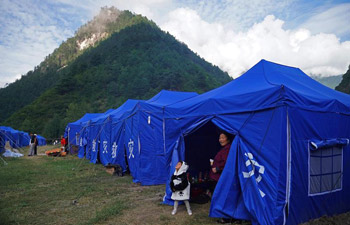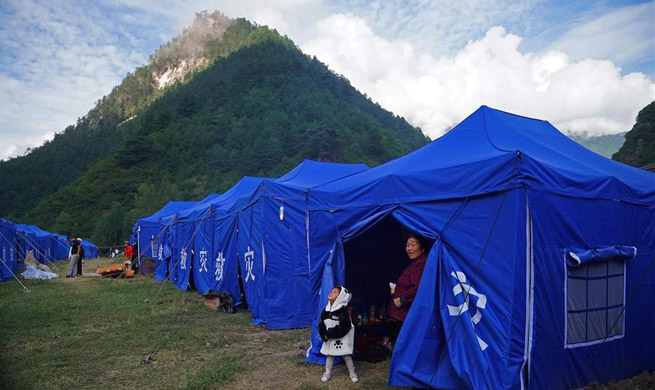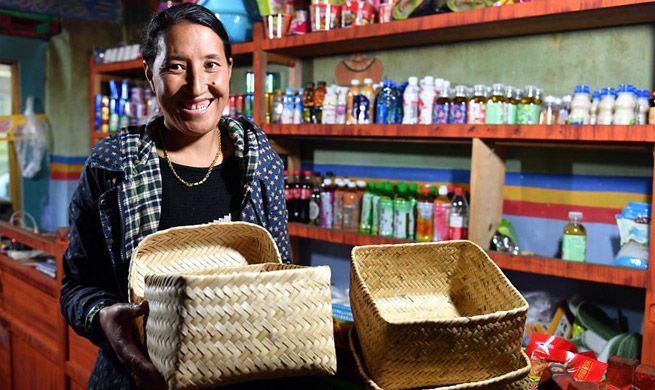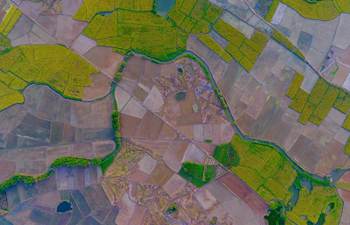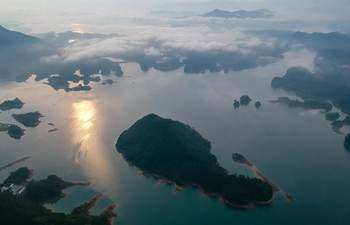ROME, Aug. 11 (Xinhua) -- Italy's seas are endangered by untreated sewage and marine litter, Legambiente environmentalist organization reported Friday.
Every summer for the past 30 years, Legambiente's Goletta Verde (Green Schooner) vessel sails all around the Italian peninsula with volunteers and scientists, collecting water samples and testing them for bacteria and pollution.
Of 260 water samples taken all along the Italian coastline, 105, or 40 percent, were contaminated with bacteria from sewage far above EU safety limits, the environmentalists said at the presentation of their findings in Rome.
This year's Goletta Verde staffers were reporting at the end of a two-month, 7,412-km circumnavigation of the country that began in the northwestern Liguria region in June and ended in the northeastern Friuli Venezia Giulia region in July.
"Italy's seas continue to suffer from numerous dumpings of untreated sewage," Legambiente scientific director Giorgio Zampetti said.
This "grave situation" is compounded by marine litter and "ongoing environmental illegality," Zampetti said, adding that the environmentalist group was filing 11 reports on 38 locations for prosecution under Italy's environmental crimes law introduced in 2015.
Another huge problem, Legambiente said, is marine litter -- plastic bags, bottles, styrofoam, etc. -- that float around or end up on beaches due to mismanaged trash disposal, substandard waste treatment, and people knowingly dumping their trash overboard or on the beach.
Marine litter is not only toxic, but also kills animals, such as seabirds and endangered marine turtles who mistake it for food and then choke on it.
Lastly, Legambiente reported that climate change is causing the Mediterranean Sea to heat up and become more salty.
As a result, it has become a more welcoming environment to over 800 non-Mediterranean species.
These include tropical crabs and invasive seaweed, according to Legambiente.




